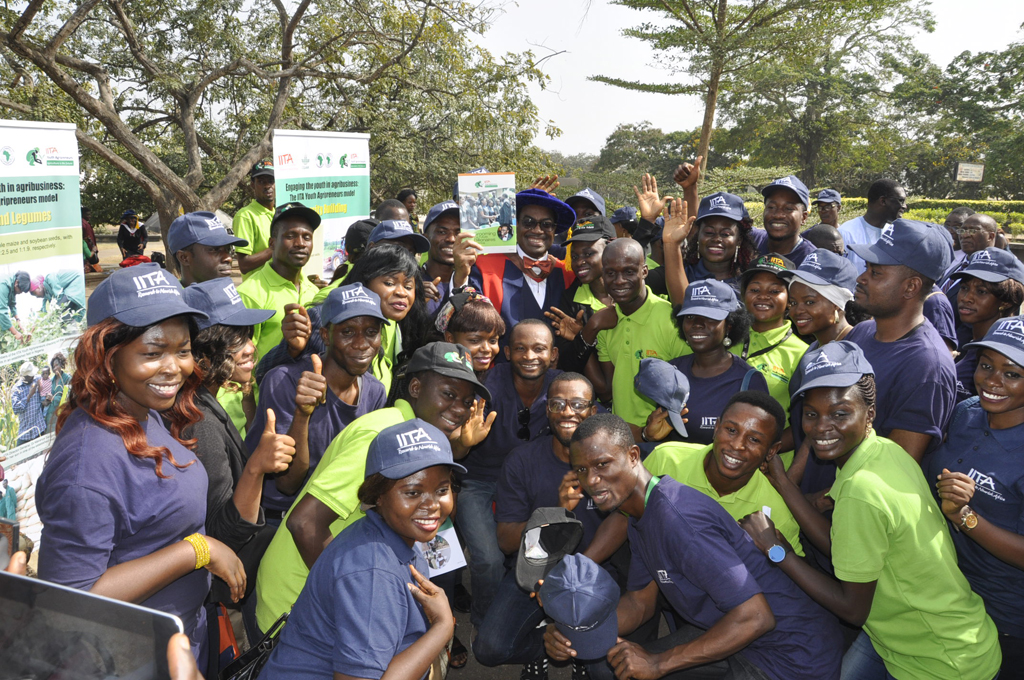In a panel discussion hosted by the Business Council for Africa West & Southern, the focus was on the role of the Diaspora in the solution to the shortage of human capital within growing markets in Africa, reports LSE’s Ellie Gunningham.
Engaging Diaspora in processes of development is not a new approach. Indeed, the most visible contribution Diaspora communities make is through remittance flows, which outstrip development aid in their sum. However at this event the “Diaspora elite” were called upon as possible positive agents for change on the continent.
Chairing the discussion was Lanre Akinola, editor of This is Africa at the Financial Times, who set the scene of a continent undergoing rapid growth with booming resources and new foreign investment, but with a scarcity of management and specialist skills on the ground to meet the increasing demand for talent within companies and businesses.

Leading industry experts were on the panel to explore how companies in Africa can access, attract and retain skilled talent to fill these critical gaps. Who should companies be targeting in their recruitment?
For Frances Williams, CEO of Interims for Development Ltd and editor of ReConnect Africa, a huge potential for growth lies with the “Diaspora elite” – those Africans who have been educated and employed by leading universities and organisations around the world. They offer an unparalleled pool of talent which companies in Africa should be harnessing. They have the highly desired skills in leadership and management, as well as the advantage of access to cross-cultural networks and the ability to navigate both Western and African markets, cultures and languages.
However, Williams warned that hiring from this pool poses challenges. The Diaspora have become accustomed to a certain standard of workplace, pay package and benefits which are not matched by companies in their home countries. Indeed Claire Reilly, Talent and Organisation Effectiveness Director for the Africa region at Diageo, spoke of the “balance of affordability” in the difficulties experienced by her company to meet the high expectations of Diaspora. Where they can, they prefer to find their talent locally.
If Diaspora do go back, Williams continued, they often have unrealistic or romantic views of home which end in disappointment. Dissatisfaction may then result in only a short-term stay.
Both companies and the Diaspora need to be flexible in their requirements. Karl Craven, MD of Spiral HR Global Solutions, remarked that companies do offer alternatives to attract Diaspora, such as positions as independent consultants, or daily rate contracts, which provide a higher salary. Yet he added that companies “cannot break the structure for every diasporan”. There also has to be some degree of compromise on the part of the Diaspora, in terms of adapting to new working environments and lower paychecks.
But why would Diaspora return to something less? It was a member of the audience who reminded us that diasporic motivations to return to Africa do not solely revolve around money. Reasons are far more socially driven, such as reuniting with friends and family and a sense of belonging. Indeed, in a survey ran by ReConnect Africa, 98% of readers who responded said that they were hoping to go back and work in Africa.
The key, according to Williams, is a “changed mindset”. This group of Diaspora are part of a phenomenon of global professionals who move around in order to improve their careers. Distinctions between home country and host country are not necessarily so clearly defined. And what of the Diaspora who move around within Africa? Akinola pointed out that intra-regional migration on the continent constitutes 63% of the movement of African migrants. How are they to be involved in the search for talent?
Human capital is essential to consolidate and accelerate the growth that Africa is experiencing. To move forward, companies in Africa must source more talent. By the end of the evening it was clear that there is a wealth of talent to draw upon among the Diaspora, and that strategies need to be put in place to approach this group and incentivise them to return to the continent. Exactly what these strategies should be, and how they should tackle the challenges mentioned above, however, remains unclear.
Ellie Gunningham has recently completed a master’s in Anthropology at LSE.





